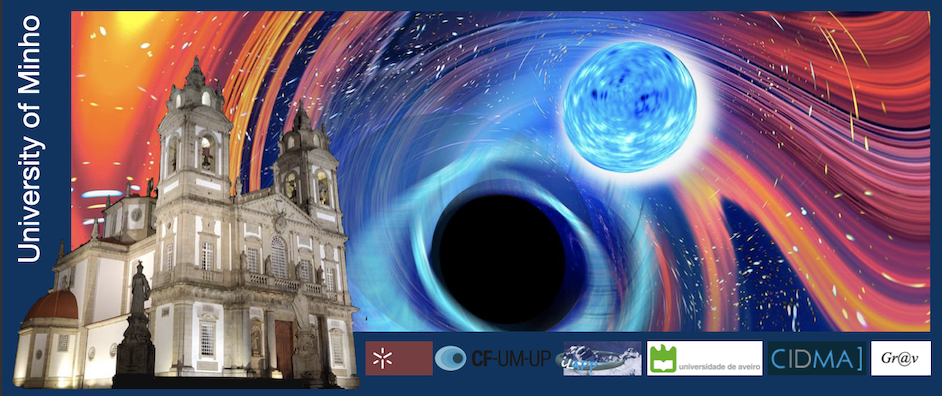Speaker
Description
We investigate the capability of Einstein Telescope to constrain the cosmological parameters of the non-flat $\Lambda$CDM cosmological model. Two types of mock datasets are considered depending on whether or not a short Gamma-Ray Burst is detected and associated with the gravitational wave event using the THESEUS satellite. Depending on the mock dataset, different statistical estimators are applied: one assumes that the redshift is known, and another one marginalizes over it assuming a specific prior distribution. We demonstrate that (I) using mock catalogs collecting gravitational wave events to which a short Gamma-Ray Burst has been associated, Einstein Telescope may achieve an accuracy on the cosmological parameters of $\sigma_{H_0}\approx 0.40$ km s$^{-1}$ Mpc$^{-1}$, $\sigma_{\Omega_{k,0}}\approx 0.09$, and $\sigma_{\Omega_{\Lambda,0}}\approx 0.07$; while {\em (ii)} using mock catalogs collecting also gravitational wave events without a detected electromagnetic counterpart, Einstein Telescope may achieve an accuracy on the cosmological parameters of $\sigma_{H_0}\approx 0.04$ km s$^{-1}$ Mpc$^{-1}$, $\sigma_{\Omega_{k,0}}\approx 0.01$, and $\sigma_{\Omega_{\Lambda,0}}\approx 0.01$. These results show an improvement of a factor 2-75 with respect to earlier results using complementary datasets.
| Which topic best fits your talk? | Cosmological Sources of GW |
|---|
